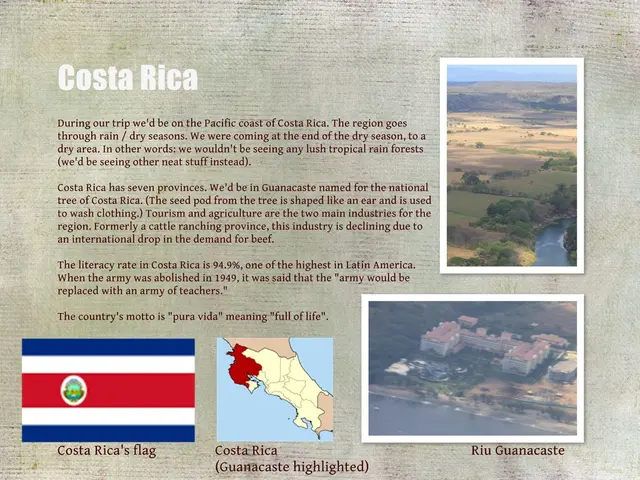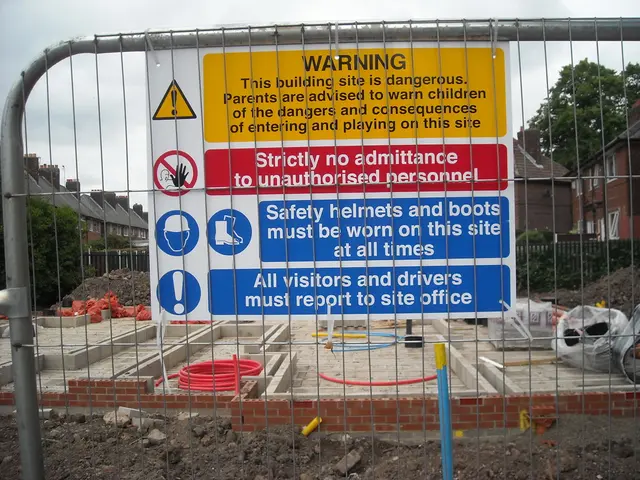Trump Administration's Day One Signals for the North American Automotive Supply Chain Shift
In January 2025, during his second inauguration as the 47th President of the United States, Donald Trump reiterated his intentions to enforce tariffs on imports from Mexico and Canada, raising concerns about the future of the North American automotive supply chain.
If tariffs are enacted on 1 February, as threatened, they would break the US-Mexico-Canada Trade Agreement (USMCA), a pivotal agreement that facilitates trade between the three nations. This could potentially disrupt the flow of automotive parts, given that Mexico provides 43% of the parts the US buys globally, with Canada being the second biggest supplier at 11%.
The threat of tariffs puts the North American automotive supply chain at risk, particularly the automotive industry in Mexico, which is the seventh largest vehicle producer in the world, producing 3.8 million units. Of these, 3.3 million units are destined for overseas markets.
Lizette Gracida, senior director of external affairs & trade compliance at Toyota México, stated that the new wave of nearshoring in Mexico is determined by the geopolitical situation between the US and China, as well as the USMCA. OEMs such as BMW have been nearshoring and localising battery supply chains in Mexico, a trend that could potentially accelerate due to tariff threats.
RPM, a logistics service provider, launched operations in Mexico in November 2022, providing strategic planning, network design, capacity planning, information technology, and transport through its cross-border logistics service. This move could be a strategic response to the potential disruptions in the supply chain caused by tariffs.
Trump's promise to build back the US' automotive manufacturing base could potentially reduce the demand for imports into the US from Mexico and Canada. However, if the tariffs apply to all parts and materials, it could be massively detrimental to the North American automotive supply chain.
Trump's threats to impose tariffs on China and his claim about China operating the Panama Canal are not accurate. Moreover, Trump directed federal agencies to investigate unfair trade practices and why the US is a net importer, a move that could lead to further tariff threats and uncertainties in the global trade landscape.
Despite the uncertainties, some companies like Pirelli are investing in Mexico. In November 2022, Pirelli announced an additional €114m investment in its Silao plant in Mexico. This investment could be a testament to the resilience of the Mexican automotive industry in the face of potential trade disruptions.
However, the potential impact of Trump's tariff threats on the North American automotive supply chain is not yet fully clear. It remains to be seen how the situation will unfold as the deadline for tariff implementation approaches.








